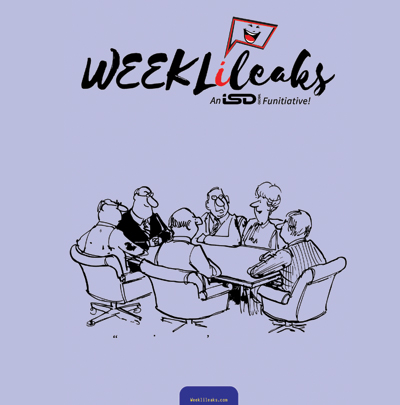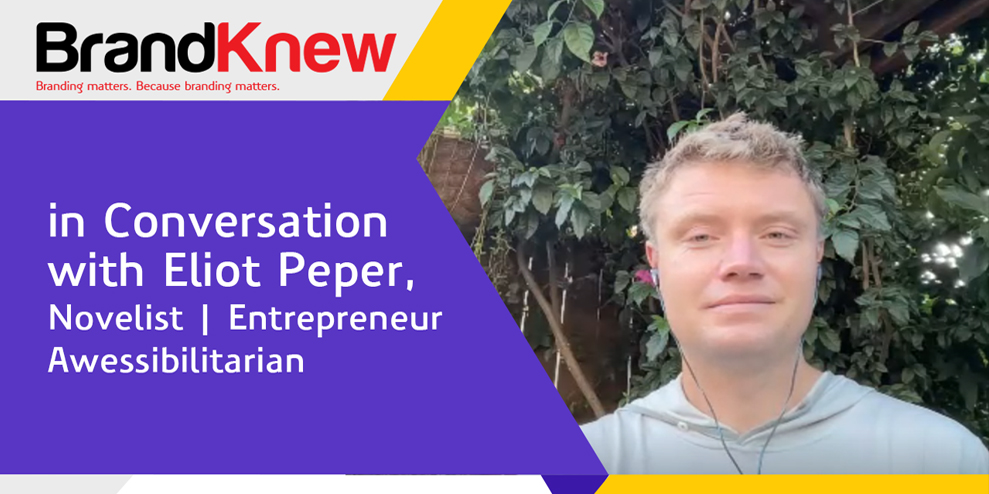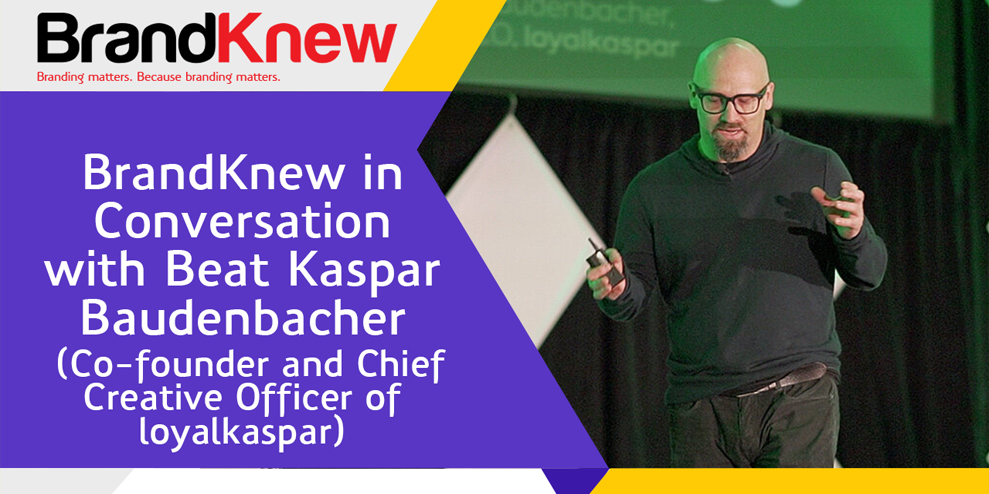![Yes, you can fail smarter. Here’s how to do it according to science]()
You should pursue smart failures, or rather, failures that enable you to get smarter, develop, and grow while bringing valuable new insights to your team.
Although it is not uncommon for leaders to tout organizational cultures that embrace failure, “fail fast” has been more widely adopted as a mantra than a reality. Most employees are not rewarded for taking risks or failing, but for delivering desired results in a consistent and predictable way, ideally with no errors.
The unintended consequences of these actual reward systems compared to what values they say they encourage are organizations that are overly conservative and risk-averse. They become victims of their own success and are unable to change as circumstances demand. The only time this approach works well is when the environment is predictable and stable—a situation few, if any, companies face today.
Most employees are motivated to grow and engage in creative and innovative behaviors at work, but this is only possible with a minimum level of psychological safety to experiment, take risks, and find ways to replace the status quo with something better. Innovation is essentially a change management task, and the best way to change things is to try things out, assess them, and learn (fast). As Jeff Bezos famously noted, “if you know in advance it’s going to work, then it’s not an experiment.”
The career implications of this are clear. Given the choice, you are better off working for an employer—and manager—who welcomes constructive dissent, creative non-conformity, and provides the conditions that can unlock your curiosity and creativity. This starts (and ends) by allowing you to go outside your comfort zone, take rational risks, occasionally fail, and to learn new skills (necessarily including mistakes along the way). But there is an important caveat: You should pursue smart failures, or rather, failures that enable you to get smarter, develop, and grow while bringing valuable new insights to your team.
A couple of definitions will help. Failure is an outcome that deviates from desired results, whether failing to develop a new drug on the first try or a startup that runs out of funding.
Mistakes, in contrast, are unintended deviations from specified standards, procedures, rules, or policies. A typo is a mistake, so is faulty software code that introduces a glitch in your ordering system. Mistakes that produce undesired results are indeed failures, but not all failures are the result of mistakes. The best kind are the (still undesired) result of smart experiments.
Pursuing a smart failure strategy in your career largely depends on your ability to fail strategically (not arbitrarily or systematically).
This is about picking the right tasks. These are the ones with a potential upside where existing knowledge is not yet developed, and engaging in quantifiable risks that maximize the upside and minimize the downside. You will need to “sell” your failure plans to your manager and organization, explaining how the worst-case scenario is still a plus (in terms of discovery) for the team and organization. Strategic failures are those where opportunities for progress and innovation arguably exist and no one could have known in advance exactly what would happen.
Subscribe here to learn about three other ways you can turn strategic failures into career-enhancing opportunities.
Tomas Chamorro-Premuzic, Ph.D. is an international authority in leadership assessment, people analytics, and talent management. He is the Chief Talent Scientist at ManpowerGroup and a professor of business psychology at both University College London and Columbia University. His most recent book is Why Do So Many Incompetent Men Become Leaders? (And How to Fix It).
Amy C. Edmondson, Ph.D. is the Novartis Professor of Leadership and Management at the Harvard Business School. She has written numerous books and articles and is best known for her research on psychological safety and failure, and is the author of the forthcoming, Right Kind of Wrong: The Science of Failing Well.
Author Name: Tomas Chamorro-Premuzic and Amy Edmondson
This article first appeared in www.fastcompany.com
Seeking to build and grow your brand using the force of consumer insight, strategic foresight, creative disruption and technology prowess? Talk to us at +971 50 6254340 or engage@groupisd.com or visit www.groupisd.com/story









